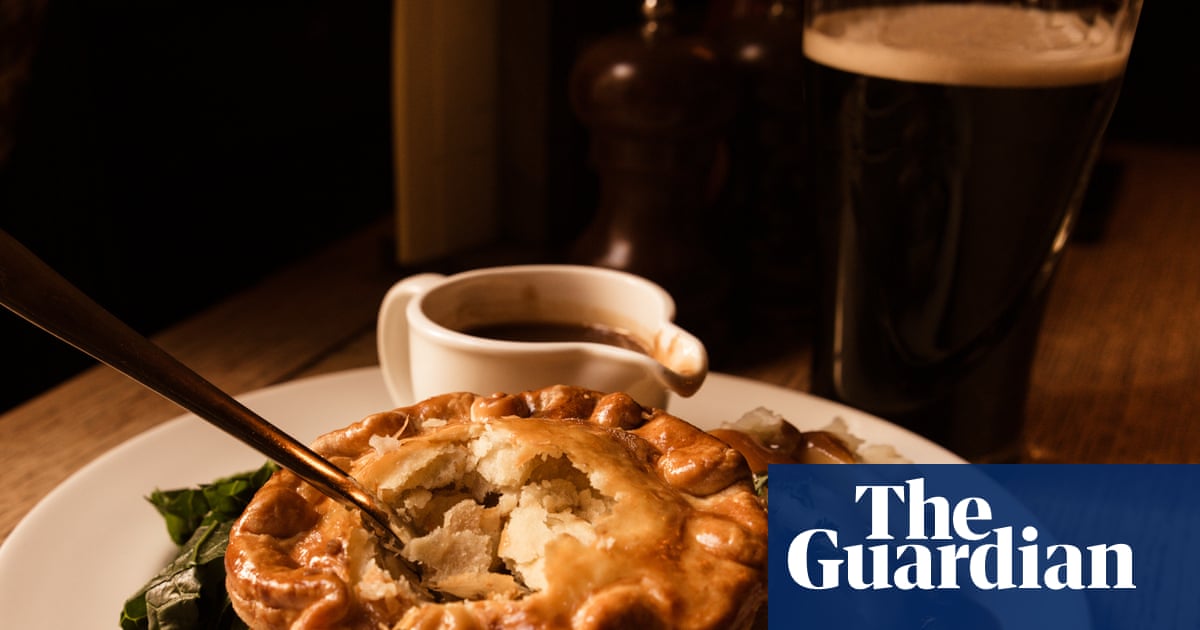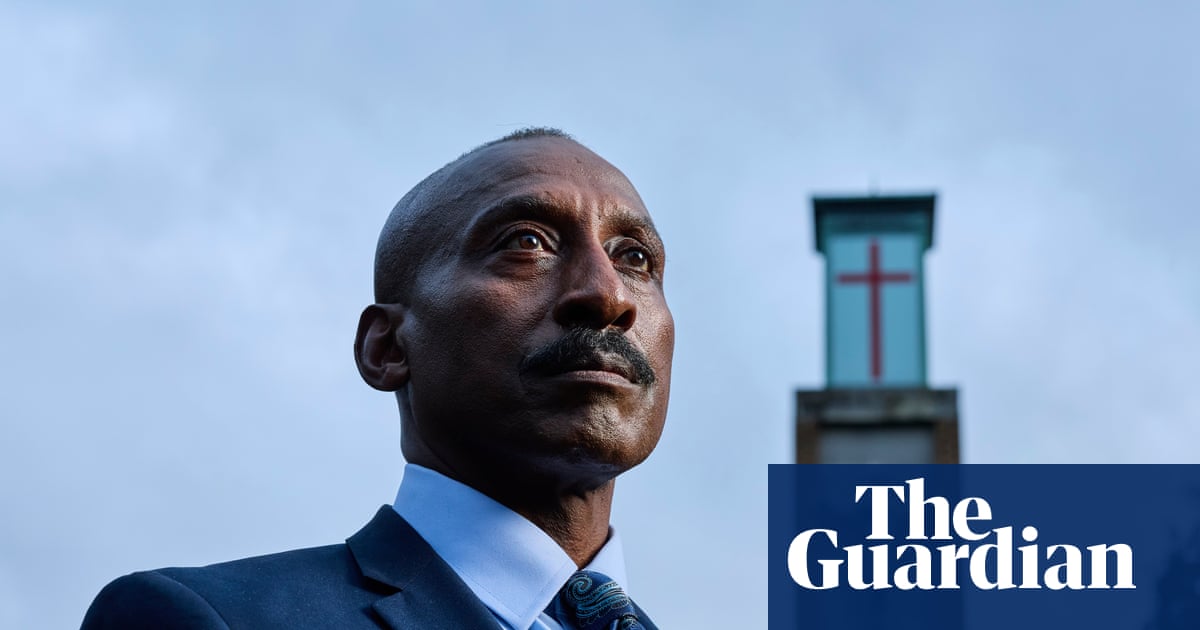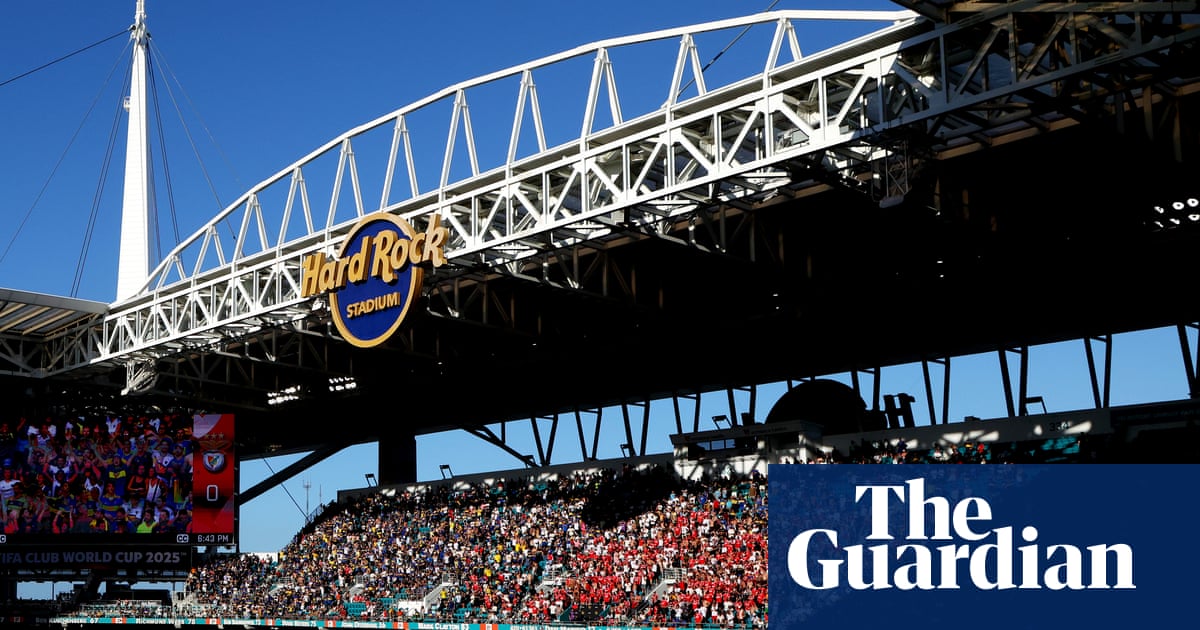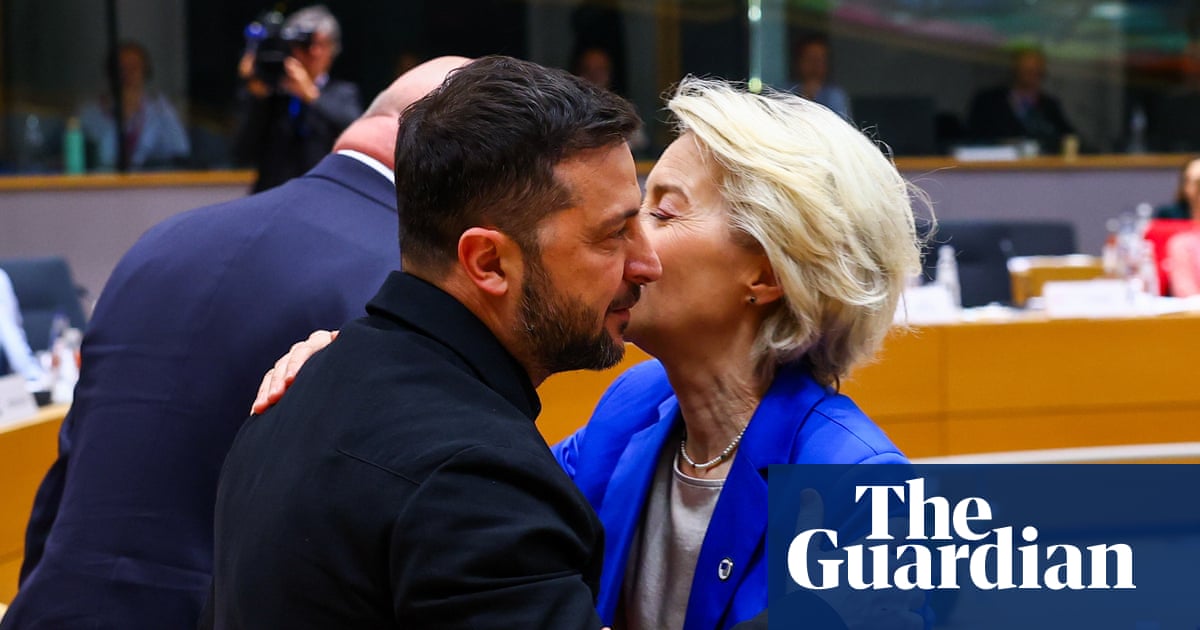The budget is still a month away and speculation about its contents is already in full swing. Details of what Rachel Reeves has planned will dribble out over the coming weeks, but two things are certain: taxes are going up, and they are going up by a significant amount.
Obviously, the chancellor would prefer not to be in this position. The government has had a rotten year and this is reflected in its dire opinion poll ratings. The budget is unlikely to make Labour more popular, with a strong risk that tax increases will slow the economy, as they did last year.
The importance of budgets is often over-hyped, but this one really matters. If Reeves gets it wrong there will be little hope of Labour winning a second term and her days at the Treasury will be numbered. The 2025 budget will count. It could prove to be the single most important event of the current parliament.
Left to her own devices, Reeves would not be contemplating potentially highly damaging tax increases when the economy is weak. Likewise, she would be cutting interest rates more quickly than the Bank of England has been doing. But those decisions are not in her hands. While the chancellor can decide on the individual measures in the budget, the overall shape of the package is decided not by the Treasury but by the Office for Budget Responsibility (OBR). Since 1997, the government has set an inflation target – currently 2% – and it is the responsibility of the Bank to hit it.
In both cases, the idea was that politicians could not really be trusted and it was better to leave the big calls to experts who would not be tempted to make decisions based on electoral considerations. Over the years, the drawbacks of rule by technocrats have become more apparent.
Let’s start with the budget. The OBR was set up by George Osborne when he became chancellor in 2010 and it is responsible for independently assessing whether Reeves will meet the rules she has set herself for the management of the public finances. The key benchmark is that day-to-day government spending on items such as teachers’ salaries or NHS drugs should be more than matched by tax revenues by 2029-30. At the time of the 2024 budget, Reeves was expected to meet the target with just a little to spare, but the outlook for the public finances has deteriorated since then. The OBR is expected to say that the fiscal rule will be missed by upwards of £20bn in 2029-30.
This sounds like a lot, but in the context of a near-£3tn economy it is small change. The OBR struggles to forecast accurately what will happen to the public finances one year ahead, let alone four years ahead. Its assessment of whether the fiscal rule will be met or broken depends on a series of assumptions not just about the underlying performance of the economy but on interest rates, population growth and global energy prices. Even a relatively small improvement to the underlying growth performance of the economy could change the outlook considerably. Put simply, the OBR’s forecasts are just guesswork. Informed guesswork, but still guesswork.
The same applies to the Bank and interest rates. Every three months, the Bank produces a report predicting what will happen to inflation in the next three years. Every three months it says – no matter what is happening to the cost of living – that inflation will be back to its 2% target by the end of this period. It seeks to ensure that this will be the case by moving the official cost of borrowing – bank rate – up or down.
after newsletter promotion
Yet the big moves in inflation in recent decades have been globally rather than domestically driven. There was a long period in the 1990s and early 2000s when globalisation led to much cheaper imports, especially from China. More recently, the main reason inflation shot up above 10% was the sharp increase in gas and food prices caused by the war in Ukraine. Trying to hit a specific inflation target using the blunt instrument of bank rate is a mug’s game. The real issue is whether interest rates are too high or too low given the state of the economy and the likely future path of inflation. With a deflationary budget in prospect, there is a strong case for them being cut, even though inflation is currently running at 3.8%.
In many ways, and for all its faults, the old system by which the chancellor made the big calls was preferable. It recognised that budget and interest rates decisions were linked, it accepted that the Bank of England was a political institution, and it was able to focus on broader measures of economic success and not just on hitting abstract targets.
Even if she wanted to make changes, Reeves would feel constrained by the need to keep the financial markets on side. Liz Truss crossed swords with the OBR and the Bank of England, and that didn’t end well. For the chancellor, credibility in the City is paramount.
Yet even modest tweaks to the existing status quo – such as broadening the OBR’s remit to assess the likely impact of government policies on poverty, or ditching the Bank’s 2% target in favour of a 1-4% range – would actually make the economy stronger and result in more credible fiscal and monetary policies. It’s time for a rethink.
-
Larry Elliott is a Guardian columnist

.png) 5 hours ago
8
5 hours ago
8

















































